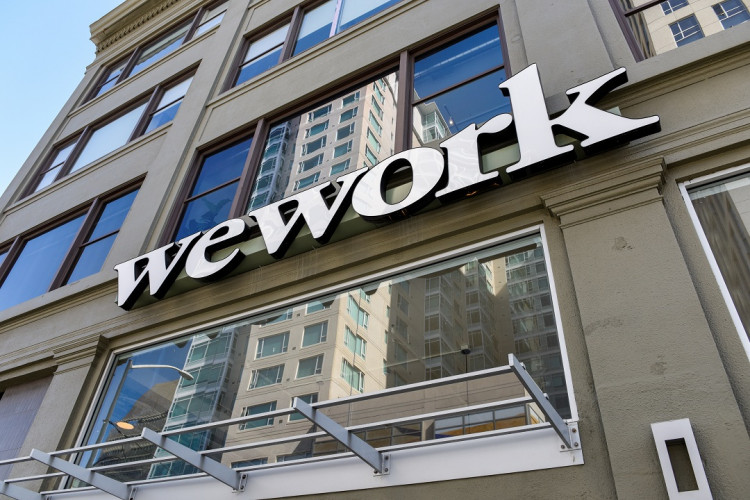WeWork, the co-working space giant, saw its stock price drop by 8% after the market opened today, following a decline of over 20% the previous day. Currently, the company's stock price stands at $2.34, bringing its market capitalization to a mere $123 million.
The primary reason for WeWork's stock price plunge is its failure to make a bond interest payment. According to regulatory filings, WeWork withheld $37.3 million in cash and $57.9 million in kind payments on its notes, initiating a 30-day grace period before defaulting. WeWork stated it has sufficient liquidity to make the payment and may choose to do so in the coming weeks. The company plans to use the grace period to negotiate with creditors and conserve cash.
Financial Performance
Financial reports indicate that WeWork's revenue for the first half of 2023 was $1.693 billion, up from $1.58 billion during the same period the previous year. The net loss was $696 million, an improvement from the prior year's net loss of $1.139 billion. The Adjusted EBITDA was a loss of $65 million, compared to a loss of $346 million the previous year.
For the second quarter of 2023, WeWork reported a revenue of $844 million, a 4% increase from the $815 million during the same period in the previous year. The net loss was $397 million, an improvement from the prior year's net loss of $635 million. The Adjusted EBITDA was a loss of $36 million, compared to a loss of $134 million the previous year.
Concerns About Future Operations
Earlier, WeWork had warned that due to financial losses and cash requirements, there were "significant doubts" about its ability to continue operations in the coming year. The company's continued operation depends on its ability to improve liquidity and profitability over the next 12 months.
At one point, WeWork's valuation soared to $47 billion, positioning it as the second-largest IPO in the U.S. stock market after Uber. SoftBank had planned to acquire a majority stake in WeWork for $16 billion, but key investors in SoftBank's Vision Fund were hesitant about the deal. Government-backed funds from Saudi Arabia and Dubai expressed concerns to SoftBank executives about acquiring a majority stake in the loss-making WeWork, leading to the deal's collapse.
Subsequently, WeWork's attempt to go public failed, resulting in the departure of CEO and founder Adam Neumann.
In October 2021, WeWork went public through a merger with the special purpose acquisition company (SPAC) BowX Acquisition Corp, valuing WeWork at approximately $9 billion, including debt.
Business Model and Challenges
At its core, WeWork operates as a middleman in the real estate sector. The company leases buildings, divides them into office spaces, and then subleases them to members, including small businesses, startups, and freelancers looking to avoid permanent office space costs. Over time, WeWork's operational costs skyrocketed, and it relied on continuous cash injections from private investors. WeWork cited an oversupply of commercial real estate, intensified competition in flexible spaces, and macroeconomic fluctuations leading to higher member attrition rates than anticipated. The company plans to negotiate more favorable lease terms, control expenses, and seek additional capital through issuing debt, equity, or selling assets.
WeWork's dismal performance has resulted in significant losses for SoftBank's founder, Masayoshi Son. WeWork has raised over $22 billion in funds (including debt) from investors like SoftBank, Insight Partners, BlackRock, and Goldman Sachs. Masayoshi Son's investment in WeWork exceeded $10 billion, and with the company's current valuation, his investment has nearly evaporated, marking a significant setback for the billionaire.





